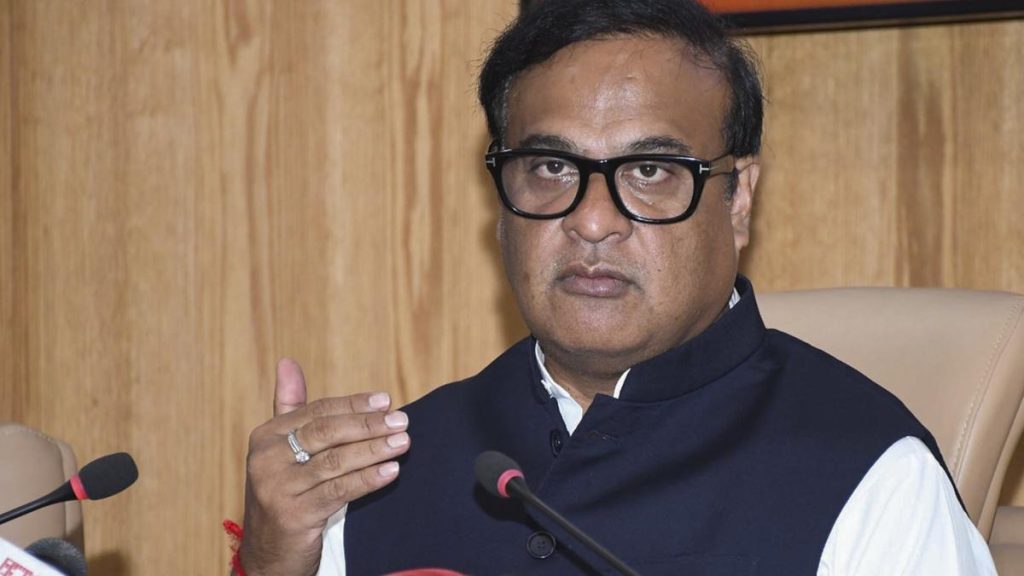Now Reading: Thiruvananthapuram Strike Disrupts Daily Life
-
01
Thiruvananthapuram Strike Disrupts Daily Life
Thiruvananthapuram Strike Disrupts Daily Life
Swift Summary
- A nationwide general strike called by 10 central trade unions, supported by several farmer organizations, was held against alleged pro-corporate and anti-worker policies of the BJP-lead Union government.
- The strike disrupted normal life in Thiruvananthapuram on Wednesday, wiht shops, markets, educational institutions, and most public transport systems (accept rail and air) ceasing operations.
- Kerala Road Transport Corporation (KSRTC) buses,private buses,autorickshaws,and taxis stayed off the roads; major highways were deserted except for sparse private vehicles or two-wheelers.
- Banks and government offices saw skeletal attendance; however, work continued as usual at the Vikram Sarabhai Space Center (VSSC).
- Hospitals remained operational but witnessed lower-than-usual footfall in outpatient departments.
- Strike supporters allegedly blocked some vehicles initially but no meaningful untoward incidents occurred. A protest march led by the NGO Union was held near Raj Bhavan.
- Labor Minister V. Sivankutty expressed solidarity with the striking unions by walking to his party office from home.
Indian Opinion Analysis
The nationwide strike underscores growing tensions between trade unions and farmers’ organizations on one side and policy directions perceived as favoring corporate interests on the other. The disruption in Thiruvananthapuram highlights how widespread dissatisfaction can impact essential services like transportation and daily business activities without escalating into violence-a testament to organized protesting within democratic boundaries.
Tho, such strikes pose potential challenges for India’s economic productivity when conducted at a national scale. The closure of public offices such as banks could particularly affect those relying on immediate financial services while straining informal workers who depend heavily on daily transportation access for their livelihood.
The neutral stance of institutions like VSSC suggests variance in support across sectors-indicating broader complexities in collective opinions regarding government policies among different workforce groups. While peaceful protests are constitutional rights under democracy like India’s own framework guarantees-it compels greater dialogue addressing root grievances benefiting all parties long-term balance rather than temporary halts vital functions longer gears better addressed dialogues agreed working conditions wider resolves proactive futures enduring governance stakeholder trust directly impacted areas highlighted safeguards scope advancement fairness systemic operatives .
Read more: source Link






















